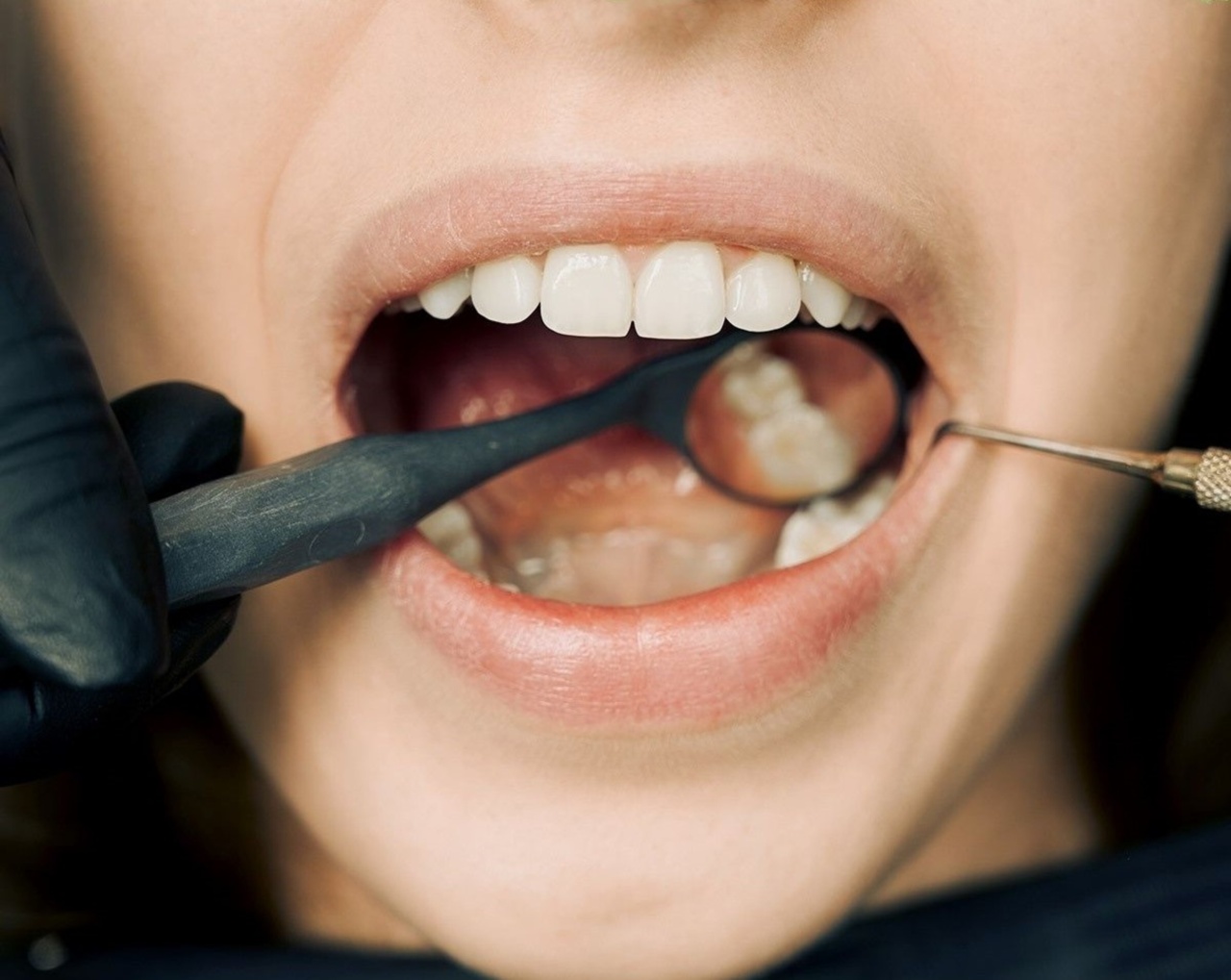Hypertension, commonly known as high blood pressure, is a medical condition that affects millions of people worldwide. While its impact on cardiovascular health has been extensively discussed, its connection to oral health is often overlooked.
However, research suggests that there is a significant relationship between hypertension and oral health, making it crucial for patients to be aware of the effects and precautions necessary to maintain good dental hygiene. In this article, we will explore the link between hypertension and oral health, the possible complications, and the preventive measures that every patient should know.
The Link Between Hypertension and Oral Health
Several studies have indicated a link between hypertension and oral health issues. One of the primary factors contributing to this connection is the impact of high blood pressure on blood vessels throughout the body, including those in the mouth.
Hypertension can restrict blood flow to the gums and teeth, leading to various complications.
Gum Disease and Hypertension
Gum disease, also known as periodontal disease, is a chronic inflammatory condition that affects the gums and supporting tissues of the teeth.
Patients with hypertension are more vulnerable to gum disease due to compromised blood flow and a weakened immune response. The inflammation caused by gum disease can further worsen hypertension by increasing blood pressure levels.
Medications and Oral Health
Many patients with hypertension rely on medication to manage their condition. However, certain antihypertensive drugs can have side effects that impact oral health.
For example, some medications may cause dry mouth, which reduces saliva production and increases the risk of tooth decay and gum disease. It is crucial for patients to consult with their healthcare providers and dentists to understand these potential side effects and explore preventive measures.
Oral Hygiene Tips for Patients with Hypertension
Maintaining good oral hygiene is vital for everyone, and it becomes even more crucial for individuals with hypertension. Here are some essential oral hygiene tips that every patient with high blood pressure should follow:.
- Brush your teeth at least twice a day with fluoride toothpaste.
- Floss daily to remove plaque and food particles from between your teeth.
- Use an antiseptic mouthwash as recommended by your dentist.
- Visit your dentist regularly for professional cleanings and check-ups.
- Avoid smoking and excessive alcohol consumption, as they contribute to gum disease and other oral health problems.
- Follow a balanced diet rich in fruits, vegetables, and whole grains, while limiting sugary and acidic foods and beverages.
- Avoid using tobacco products, as they increase the risk of gum disease and oral cancer.
- Manage stress through relaxation techniques, as stress can contribute to gum disease and worsen hypertension.
- Inform your dentist about your hypertension diagnosis and any medications you are taking.
- Monitor your blood pressure regularly and inform your healthcare provider if there are any significant changes.
The Importance of Regular Dental Check-ups
Regular dental check-ups are essential for patients with hypertension as they enable early detection of oral health issues and preventive interventions.
Dentists can identify signs of gum disease, cavities, and other problems at an early stage, minimizing complications and ensuring timely treatment. Additionally, dental professionals can provide personalized advice on oral hygiene practices and address any concerns related to medications or lifestyle choices that may affect oral health.
Conclusion
The relationship between hypertension and oral health cannot be ignored, as the two are closely intertwined. It is crucial for patients with high blood pressure to prioritize their oral health and be aware of the potential risks and complications.
By diligently following good oral hygiene practices, regularly visiting the dentist, and keeping both their healthcare provider and dentist informed, patients can minimize the impact of hypertension on their oral health and overall well-being.



























